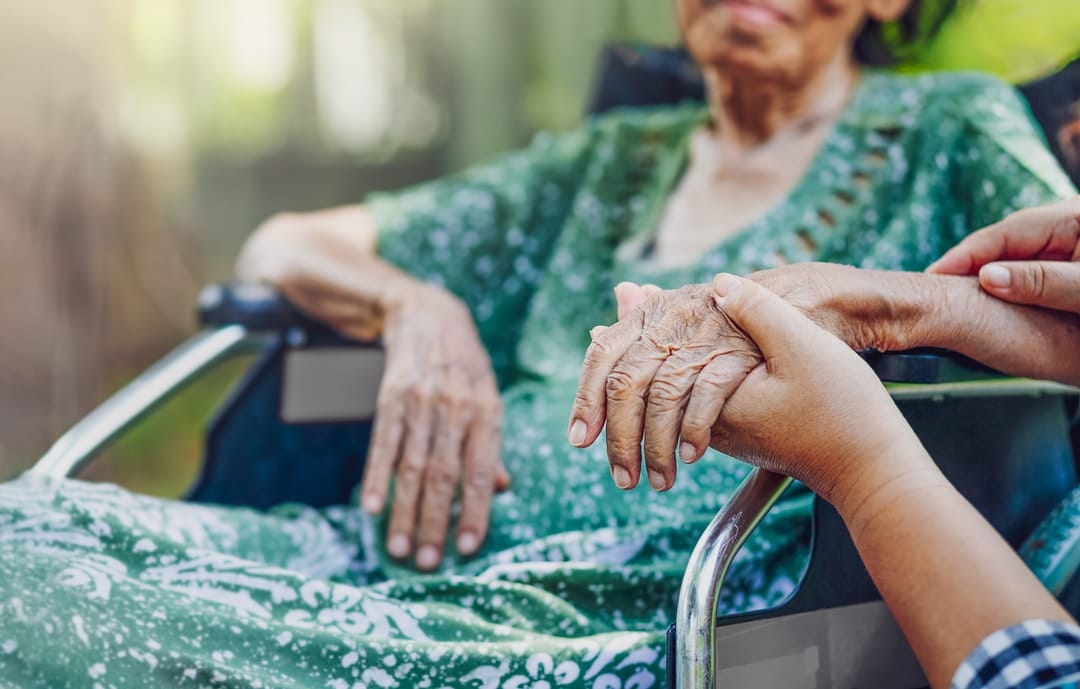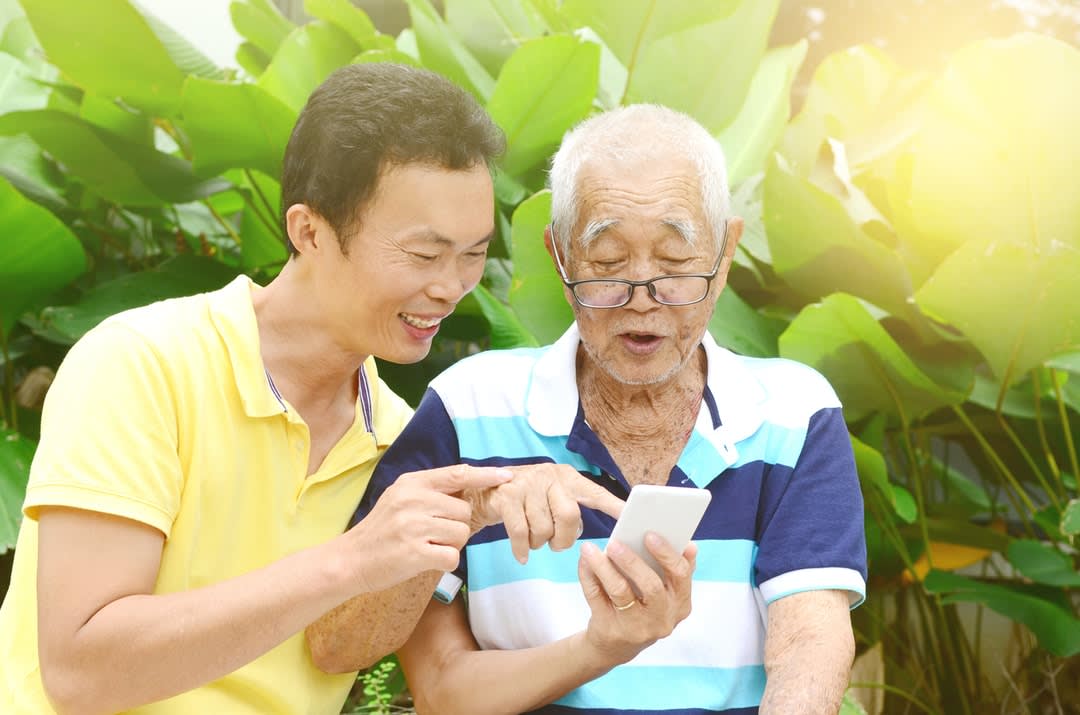
Malaysia's population is ageing. By 2030, one in 10 people will be 65 or older, making it an "aged" nation.
"We will become old before we become rich," is how the director of the Gerontechnology Laboratory at Monash University Malaysia, Professor Teh Pei Lei, describes the dilemma.
The ageing population is a consequence of dwindling fertility, a plummet in mortality rates, and advancements in the country’s healthcare system. The life expectancy of Malaysian men and women has risen to 72 and 77 years, respectively. As a result, the country will soon face many of the same challenges experienced by "older" countries such as Japan, Hong Kong and Australia.
Unlike in the West, though, most older people (grandparents) continue to live with their children and grandchildren.
"Taking care of older people is the responsibility of the family," Professor Teh says. "It's not the government. It's not the hospitals."
However, the practice of how to provide care for older people in Malaysia is being challenged, and artificial intelligence programs are being developed to meet their future health needs.
Gerontechnology is an interdisciplinary field of research focused on developing technology for older adults, and understanding its impact across five areas:
- Mobility and transport
- Housing and daily living
- Health and self-esteem
- Communication and governance
- Work and leisure.
According to Professor Teh, a key concern for many older people is the fear of falling. Tech-powered tools such as a robot with sensors that can track people’s movements and behaviour has, for instance, the potential to increase independence and address this concern. However, assessing what is the most fitting gerontechnology can be challenging.
Digital home assistants such as Echo have become increasingly popular. It connects to voice-controlled intelligent personal assistant service Alexa, which can be used to set alarms, control smart devices, and make to-do lists. It acts as a home automation hub and is easy to use.
Associate Professor Shaun Lee Wen Huey from the School of Pharmacy says Malaysians are enthusiastic users of mobile phones and apps, which can be used to keep older people safe and independent in their homes for longer.
He gives an example of a telemonitoring device that could be used to prevent hypoglycemic episodes in fasting diabetics during Ramadan. (The prevalence of people with diabetes has doubled in recent years, and is set to keep rising over the next two decades, along with obesity levels.)
"When people with diabetes use this device to measure their blood sugar levels, the data is uploaded automatically to their mobile phones, sent to a server and analysed. Patients are then advised if they need to adjust their medicine or to seek medical help."

Head of the Jeffrey Cheah School of Medicine and Health Sciences, Professor Mohamed Shajahan Yasin, describes a proposal for a mobile app that could be used as a preventative for diabetics, or people concerned about their weight.
"The app would analyse photographs of meals and provide information about its nutritional value – calories, fat levels and so on. It can tell you how much you've eaten over 24 hours in the same way a step counter measures how far we walk. That information can also be transmitted to the doctor," he said.
Professor Yasin also sees a bright future for artificial intelligence programs in analysing medical tests, such as x-rays and CT scans, or cancer biopsies.
"Computers with good algorithms can interpret these things better than a human being can, and over time they get better and better because they learn, and they keep learning. That learning remains within the system, and over time becomes more reliable," he said.
Such systems can be particularly useful in smaller, regional hospitals "where there are less-expert radiologists, for example, to help interpret these things".
The role of the doctor
"I think that the role of doctors will change," Professor Yasin says.
A visit to the doctor will be valued in the future because "it becomes a connection that we have with the person, the development of a rapport and trust”. He has observed that patients with serious, long-term disease "value that the most".
But Professor Yasin also sees a danger that data gathered by machine-learning applications could be misused. People who are identified as being at greater risk of cancer, or heart disease, or as having a genetic predisposition to Alzheimer's, for example, could face higher health insurance costs, or be pressured to take early retirement.
"These are all possibilities which I think we haven't quite got our head around," he says. "Unless we do something quick, we are heading into serious trouble in the not-too-distant future."





